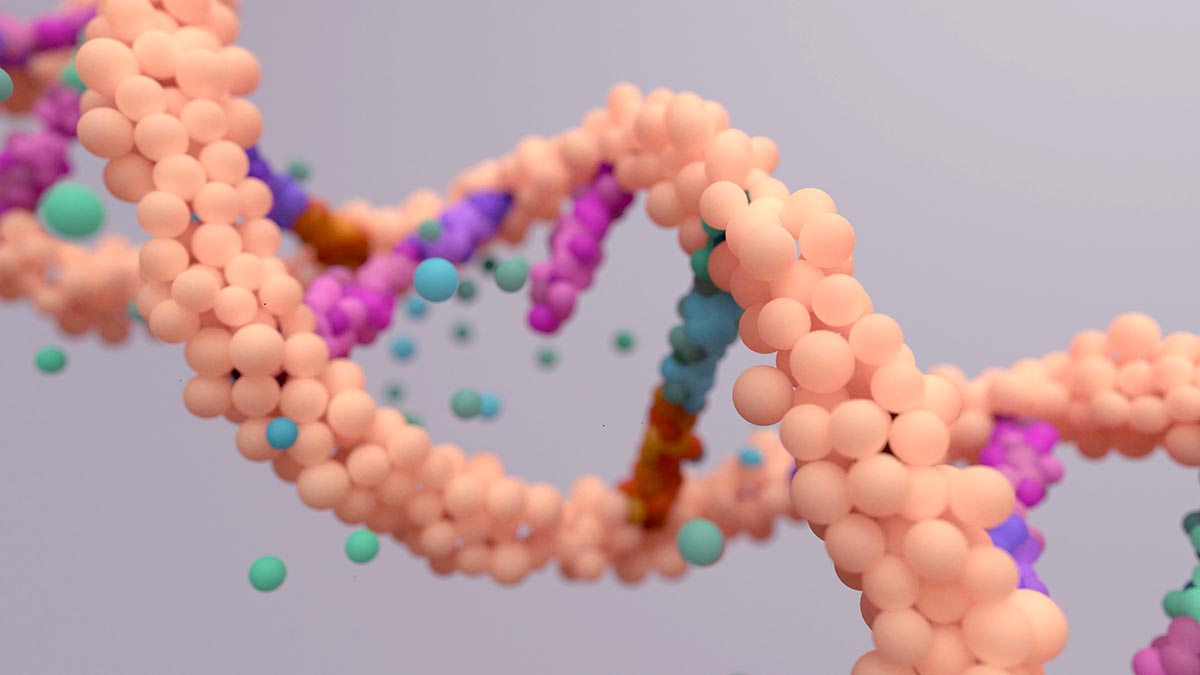- What is PGS?
- PGS, or Preimplantation Genetic Screening, also known as PGT-A, involves analyzing fresh blastocyst embryos by biopsying a part of the embryo in a specialized laboratory. It helps rule out chromosomal abnormalities.
- Does PGS screening provide gender information?
- Yes, the PGS procedure also detects the gender of the embryos.
- Is PGS mandatory in Georgia?
- PGS is not mandatory but is highly recommended for intended parents using their own eggs and sperm for IVF if they are above the age of 35.
- If I choose an egg donor, do I still need PGS?
- While the risk of chromosomal abnormalities is lower in egg donors under 30, PGS can still be considered for added assurance.
- Does PGS increase implantation and pregnancy rates?
- By ruling out abnormal embryos and focusing on transferring normal ones, PGS can increase the chances of successful implantation by at least 10 percent.
- Does performing PGS, by biopsying the embryos, harm their quality or damage them?
- When performed by a highly qualified embryologist, there is no risk of damage to the embryos.
- If I have frozen embryos and then decide to perform PGS on them, is it still possible?
- Yes, it is possible to thaw the embryos, perform a biopsy, and refreeze them. While this may slightly affect their quality, the advantage of detecting the health of the embryos is significant.
- How long does it take to receive the results of PGS?
- Since we work with facilities outside Georgia for PGS, the biopsied materials are shipped and we wait for results. Depending on the lab’s workload, this process typically takes 2-4 weeks.
+995 598 80 22 23Building 3, 1st Dead End, Beliashvili Street, Tbilisi, Georgia 0159
- Company
- Journey Options
- Get Started
- Egg Donor Database
- FAQ
- Surrogacy Process and Care
- Surrogacy Regulations and Legal Documentation
- Egg Donation
- Medical Part of the Process
- Frozen Materials: Shipping and Handling
- Stimulation and Egg Collection
- Preimplantation Genetic Screening (PGS)
- Pregnancy Confirmation and Dealing with Failed Embryo Transfers
- Exit Procedures from Georgia
- Destination
- Blog
- Company
- Journey Options
- Get Started
- Egg Donor Database
- FAQ
- Surrogacy Process and Care
- Surrogacy Regulations and Legal Documentation
- Egg Donation
- Medical Part of the Process
- Frozen Materials: Shipping and Handling
- Stimulation and Egg Collection
- Preimplantation Genetic Screening (PGS)
- Pregnancy Confirmation and Dealing with Failed Embryo Transfers
- Exit Procedures from Georgia
- Destination
- Blog




